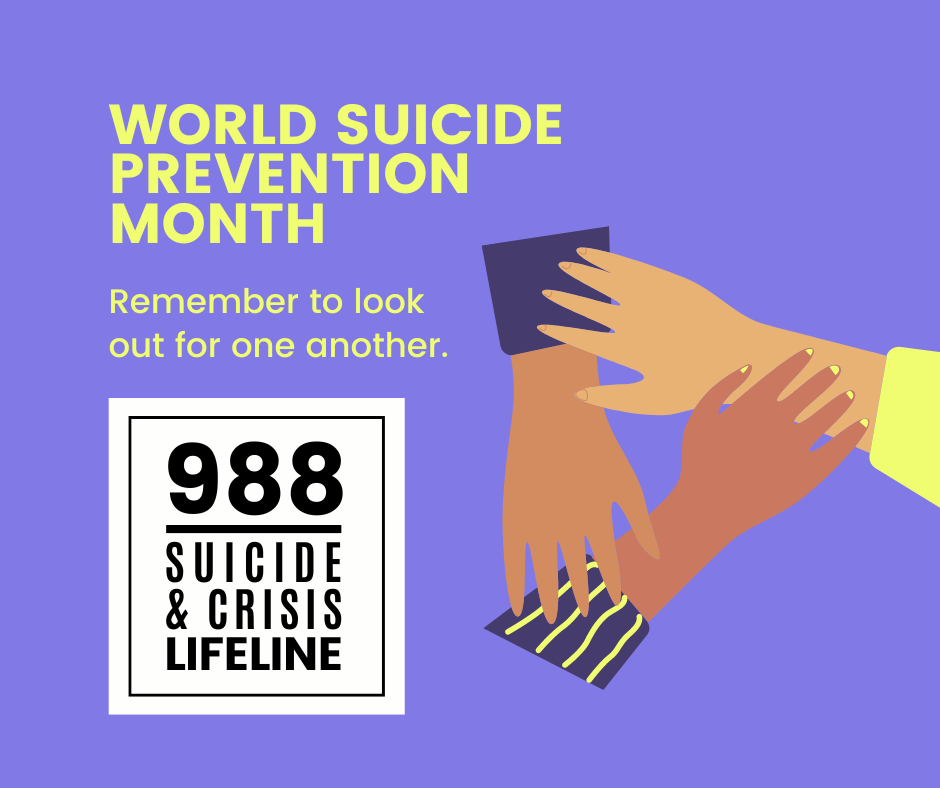High blood pressure is a health crisis in the Black community. I’m working with The Seattle YMCA on a Blood Pressure Self Monitoring Program designed to reach disparaged communities, educating about what is often called the “silent killer.” My training inspired me to write this month’s article about what is one of the leading causes of severe health complications such as heart disease, stroke, and kidney failure. Acknowledging factors contributing to high blood pressure and implementing proactive measures can significantly improve health outcomes.
The Impact of High Blood Pressure
High blood pressure affects nearly half of African American adults, a rate significantly higher than that of other racial and ethnic groups in the United States. The consequences of untreated hypertension are dire, according to the WHO. HBP raises the risk of heart disease by 20%, stroke by 40%, and kidney failure by 30%. This disparity highlights the urgent need for awareness and intervention.
Several factors contribute to the high prevalence of hypertension in the African American community, including lifestyle choices, diet, and physical activity.
Preventative Measures
Preventing high blood pressure involves adopting a healthy lifestyle with these practical tips:
• A balanced diet is essential in preventing hypertension. The DASH Diet lowers blood pressure, emphasizes whole fruits, vegetables, whole grains, and lean proteins, and reduces salt intake. Incorporating potassium, calcium, and magnesium foods like leafy greens, berries, bananas, yogurt, and nuts into your diet can significantly lower blood pressure.
• Regular exercise helps control blood pressure and stress while improving overall cardiovascular health. About 150 minutes of moderate exercise each week will make significant results. Walking, jogging, swimming, or cycling are great options.
• A healthy weight is essential in preventing and managing HBP. Even a slight weight loss can significantly lower blood pressure. Monitor your weight regularly and make dietary adjustments to achieve and maintain a healthy weight.
Effective High Blood Pressure Management
• Monitoring and regularly checking your blood pressure is essential. Home blood pressure monitors are widely available and easy to use.
• Medication may be needed when lifestyle changes alone are not enough to control high blood pressure. It’s essential to take medication as prescribed and not skip doses.
• Manage Stress—chronic stress can contribute to high blood pressure. Practice stress-reducing techniques such as mindfulness, meditation, deep-breathing exercises, or yoga. Find a hobby and activity you enjoy that can reduce stress.
Community support is vital in managing high blood pressure. For resources and information, contact local organizations and support groups. Also, communicate with your doctor about your health, lifestyle, and challenges.
We must take High blood pressure seriously. A healthy diet and exercise can manage and prevent it proactively. By regularly monitoring blood pressure and seeking support from health care and community resources, we can take control of our health and reduce the risk of complications.
If you or a loved one has HBP, take it seriously. The consequences could be life-altering. Get your blood pressure checked, and if you need additional help, follow me on Instagram at Love 4 Life Wellness or email me at melesha@love4lifewellness.com. I am certified and trained, and I can help.
By Melesha Bailey
UniteNews Contributing Writer





